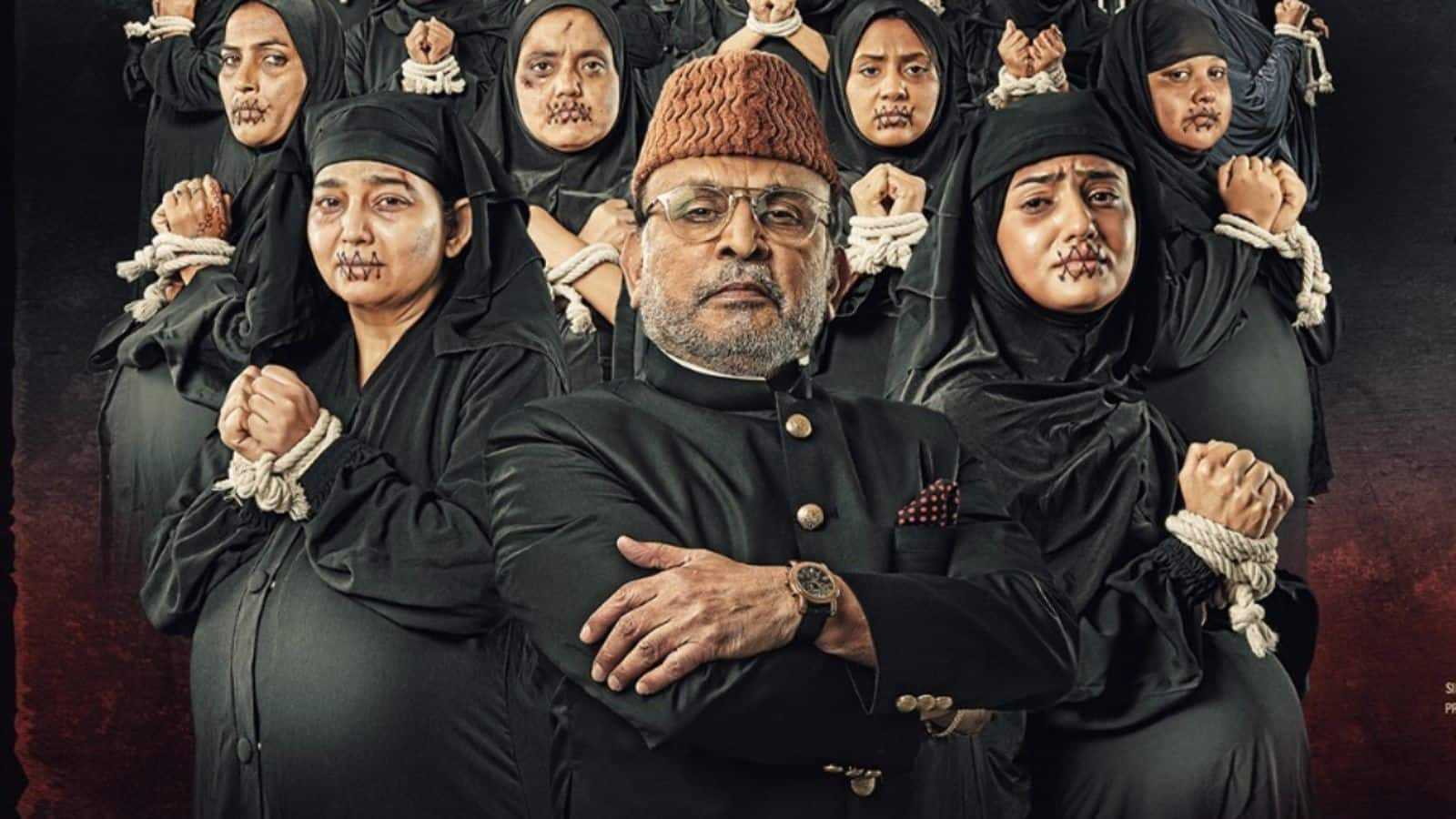
Supreme Court halts release of Annu Kapoor's 'Hamare Baarah'
What's the story
The Supreme Court of India has suspended the release of Annu Kapoor's contentious film, Hamare Baarah. Originally scheduled for a June 7 release, the film has been embroiled in controversy. Critics claim that it suggests Muslims are responsible for population increase. This has led to a ban in several parts of the country to prevent communal tension. The apex court stated, "Until disposal of the petition before the High Court, screening of the movie in question shall remain suspended."
Court intervention
Bombay High Court's role in 'Hamare Baarah' controversy
The Bombay High Court had earlier directed the formation of a three-member committee, including an independent person from the Muslim community, to review Kapoor's film. Initially, the court lifted the stay on the movie's release and instructed filmmakers to remove trailers from social media platforms. However, it later deferred the release until Friday (June 14) pending further review of objectionable scenes in Hamare Baarah.
Actor's statement
Earlier, Kapoor alleged the team was receiving threats
In May 2024, Kapoor sought protection from Mumbai Police following rape and death threats directed at him and his crew on social media. In a video message, he defended the film saying, "The film advocates women empowerment and talks about the rights of women. First watch the film and then give your verdict." He urged people to express their opinions without resorting to abuse or threats, asserting that they would not be intimidated by such actions.
Film reception
'Hamare Baarah' receives mixed reactions despite Cannes acclaim
Despite being praised at the 77th Cannes Film Festival, Hamare Baarah has been in the news for controversial reasons since its announcement. The film, directed by Ravi S Gupta, features Kapoor alongside Ashwini Kalsekar, Manoj Joshi, Abhimanyu Singh, Parth Samthaan, Paritosh Tripathi, Rohitash Sardar, Aditi Bhatpahri, and Ishlin Prasad. While it has garnered international acclaim for its audacious narrative and depiction of population growth issues, it has also sparked significant controversy domestically.